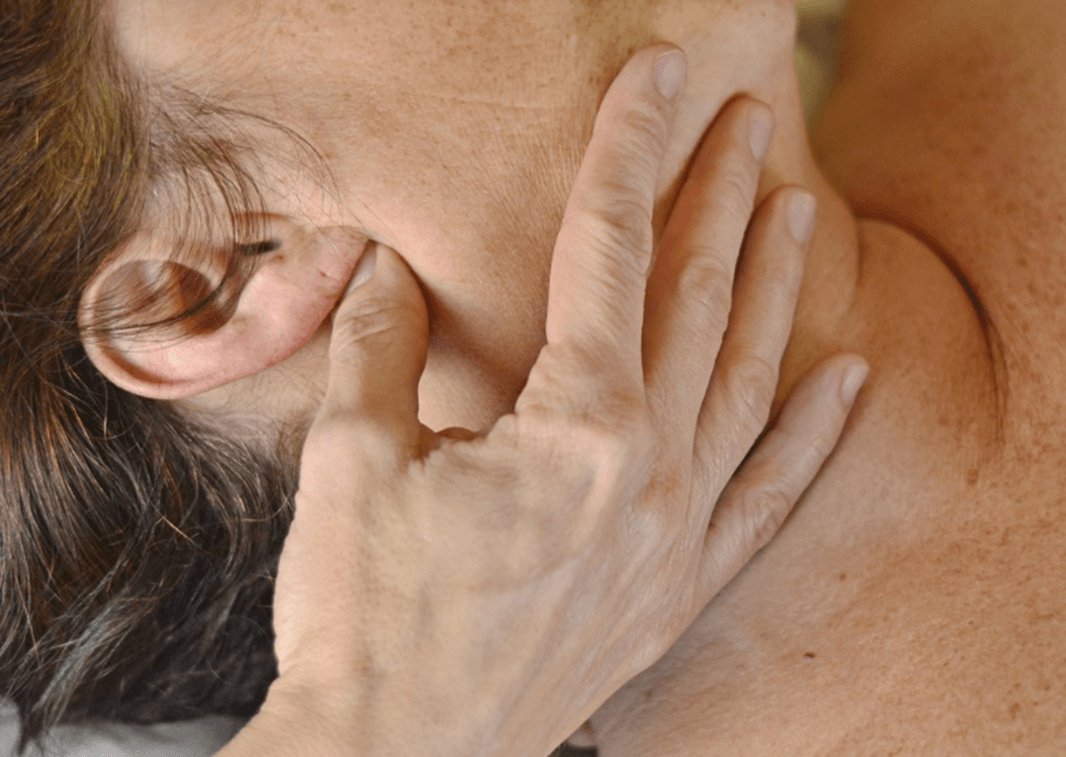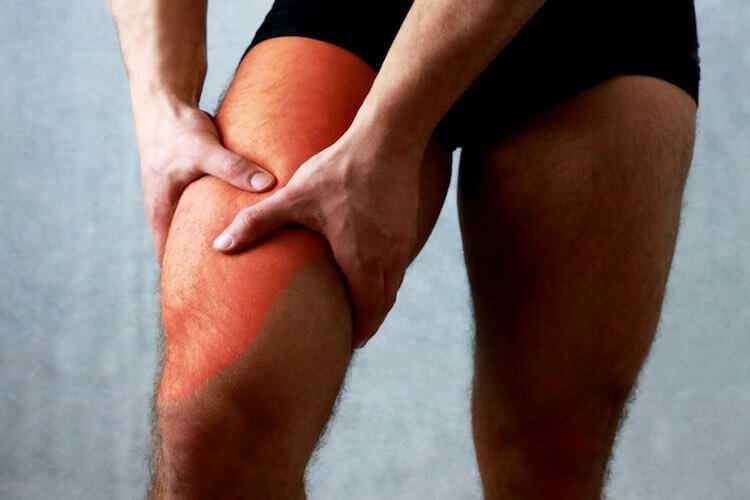The exact cause of TMJ disorder can be hard to determine. Pain can be due to a combination of factors like injury, genetics and arthritis. Some people who have TMJ pain might grind or clench their teeth at night or have a jaw misalignment. In some cases, discomfort and pain is temporary and can be handled with self-management and soft tissue treatment.

Symptoms of TMJ disorder
- Locking of jaw and limited movement
- Painful popping, clicking or grating sounds in the jaw joint
- Aching pain in the face, neck or shoulders
- Non-specific tooth pain
- A sudden change in how the upper and lower rows of teeth fit together
- Headaches, dizziness, earaches and trouble hearing
Management of TMJ disorder
We start your TMJ disorder treatment by understanding your symptoms and how they are impacting on your day-to-day life. We then carry out a full assessment of your jaw and neck mobility. Hands-on physiotherapy treatment in the affected areas may be required, as well as exercise prescription for strength and mobility.
We will discuss your personalised management plan, including diagnosis, treatment required and potential healing timeframes. This is all to help you achieve your set goals.
Conditions treated
- Functional misalignment of the jaw
- Pain and symptoms around the jaw that affect your daily life
- Headaches related to jaw pain
- Arthritic joints
- Damaged or impacted joints
- Chronic grinding or clenching
If you’re experiencing any of the symptoms above, it’s best you see a physiotherapist before your condition worsens. Book online to find out how we can treat your jaw pain.



